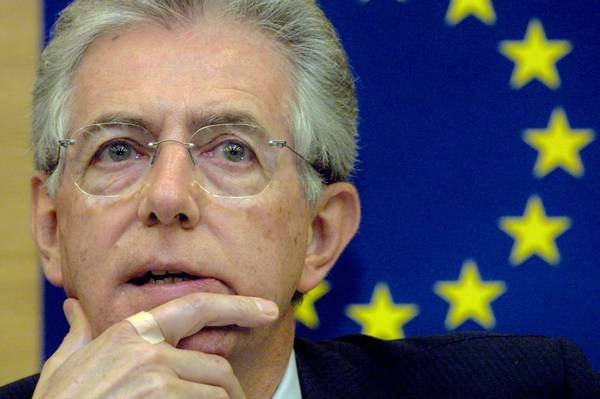Berlusconi wins confidence vote by a hair (but is he losing Italy?)
And although the vote halts speculation that national general elections will take place in November, elections appear inevitable early next spring, a year ahead of the mandated five-year legislature. If we can believe the insiders, they will take place, perhaps in April, and the scuttlebutt is that Mr. Berlusconi’s political aides themselves have already reserved billboard space to advertise his forthcoming brand new political party, to be called (perhaps) by the treacle name Italia Forever.
The atmosphere prior to the confidence vote was particularly tense. Calls for his resignation have been pouring in from a broad spectrum of the influential foreign press and from powerful industry leaders at home. Their hopes were raised in mid-week when Parliament, in a stunning blow to his Freedom Party, overturned Berlusconi’s government in a vote over the budget. The following day Berlusconi, addressing the nation on TV, apologized for what he put down to a technical mishap. And then he launched into a smooth sales pitch in defense of his government, during which he boasted that he was irreplaceable.
And for the moment this appears to be the case. Even though his approval rating has sunk to an all-time low of 24% and he looks more worried than at any time, he still has stout defenders, who sincerely believe that he is the victim of a worldwide rabid foreign media corps and of politicized Italian magistrates in cahoots with Communists. He still argues, correctly, that he was democratically elected and therefore has the right to govern until the voters turn him out of office. His supporters add that, given the current state of crisis—a crisis whose existence Berlusconi pretended did not exist until only a few months ago—no one should consider changing horses in mid-stream. Never mind that the Spanish, facing a crisis of smaller dimensions than Italy’s because theirs has fewer international repercussions, have called new elections for November.
Had the Berlusconi government fallen, it was expected that a technical cabinet to be headed by the prestigious economist Mario Monti, 69, was to take over until a controversial election law could be rewritten and early elections be held. Monti’s front-running position makes it all the more important that on the day after the confidence vote his hard-hitting editorial—it had to have been prepared well ahead of time—ran in the daily Corriere della Sera. Monti has served on the board of directors of Fiat Generali, and Comit, and was a professor of economics at the Bocconi University in Milan, becoming its president in 1994. Here are a few of the crucial points.
--It’s a common conviction in Europe and the U.S.A. that the Euro zone won’t be wrecked by Greece, but, given their larger dimensions, by Spain or especially by Italy, which just now is lagging behind Spain in addressing the problems. A case in point: interest rates on public debt are higher for Italy than even for Spain.
--After denying that any crisis existed, after indulging at length in “illusionist optimism,” Berlusconi goes on maintaining that the opposition is obstructionist, and that the magistrates “obliged” the head of government to tend to his law suits rather than the needs of the country. Cooperation with the opposition is essential for addressing the current economic crisis, but the Berlusconi government continues to play the victim instead. Backing him is a circle of the faithful who have “sunk to unheard of levels of servility,” to judge by their TV appearances. As a result, Berlusconi is protected and lives behind the veil of a soft-focus reality.
--The risk is that, lacking economic growth and true reforms in the public sector and in the markets, Italy could become the (not innocent) victim of major attacks on the financial markets. Italy is being seen as the “possible triggering factor in a crisis in the Eurozone of dimensions that have not yet been tested, and which perhaps cannot be dealt with.”
Monti’s conclusion is equally severe. Those who voted for him in the Parliamentary confidence vote saved the President of the Council of Ministers. “In exchange, now may they have him save Italy, if not from derision, at least from the blame of being the cause of a disaster.”
Saturday’s demonstrations in Rome which caused a million dollars worth of damage to public proerty and sent more than a hundred police officers and protesters to the hospital made a disquieting sequel. Speculation here is that they were infiltrated by agents provocateurs.





































i-Italy
Facebook
Google+
This work may not be reproduced, in whole or in part, without prior written permission.
Questo lavoro non può essere riprodotto, in tutto o in parte, senza permesso scritto.